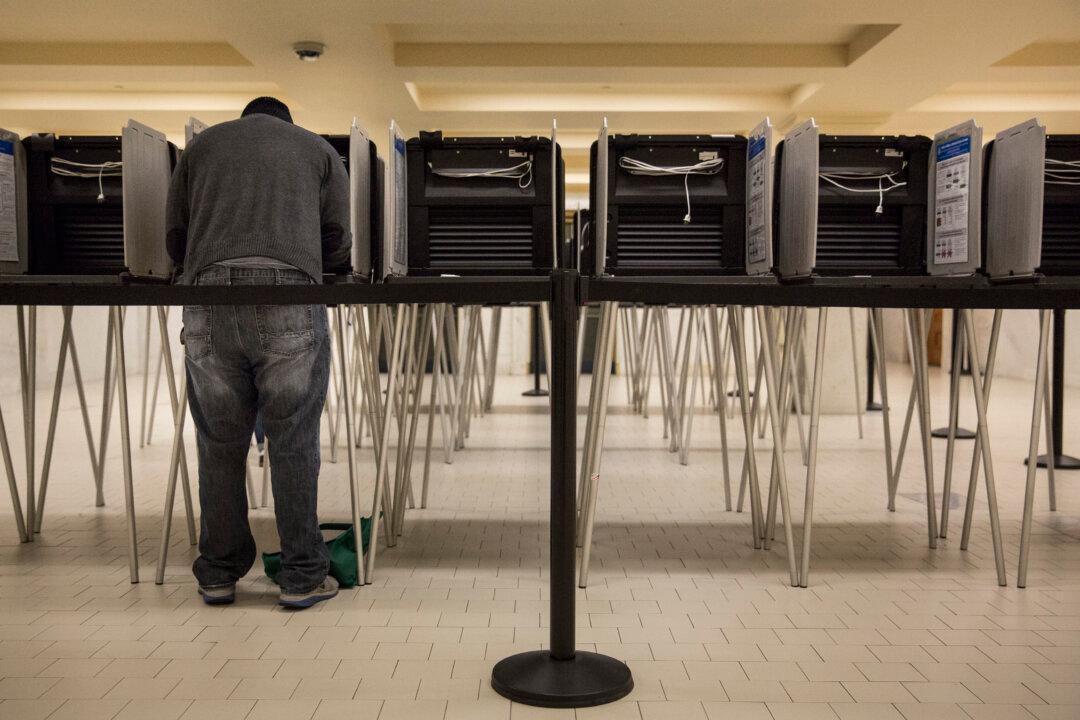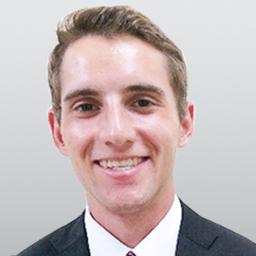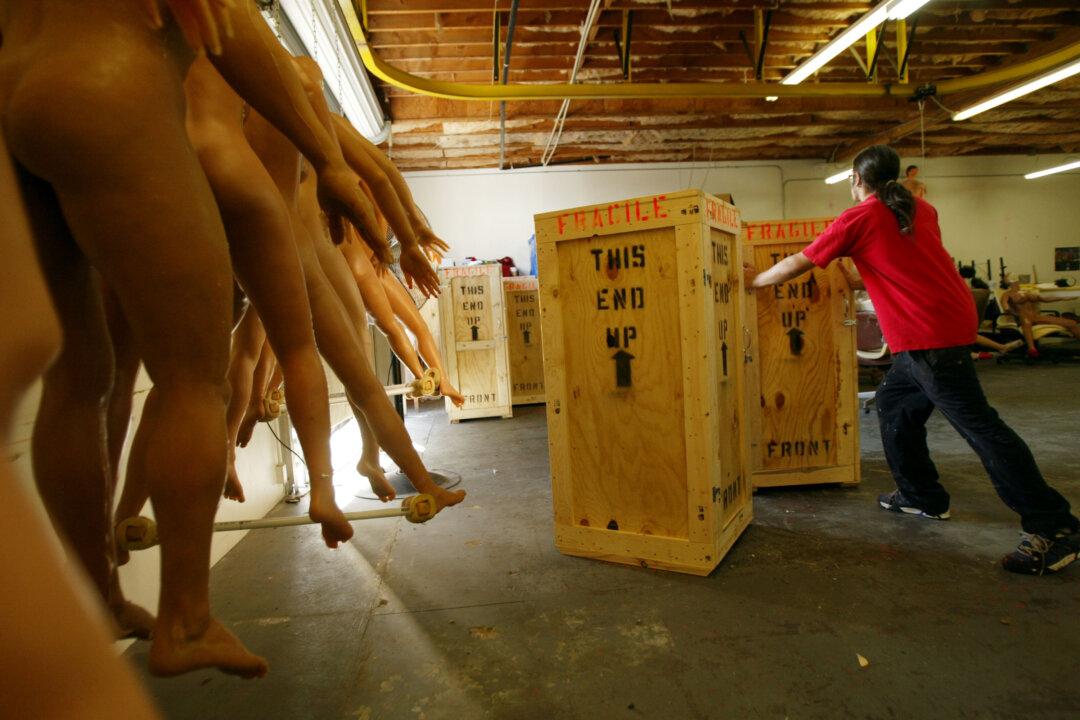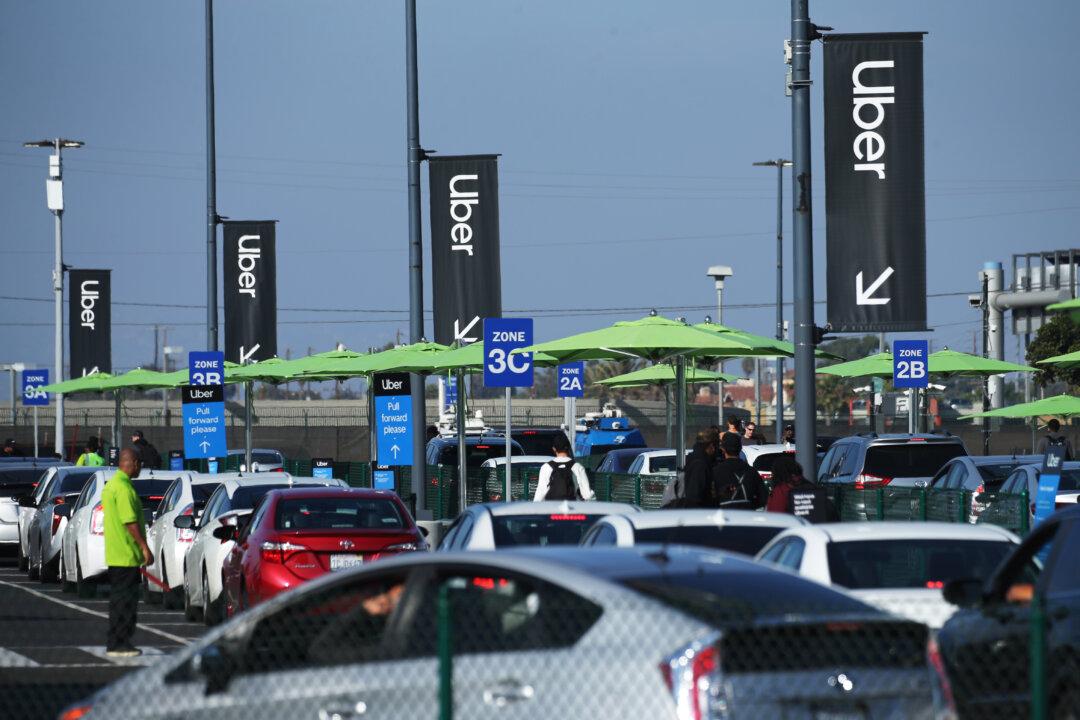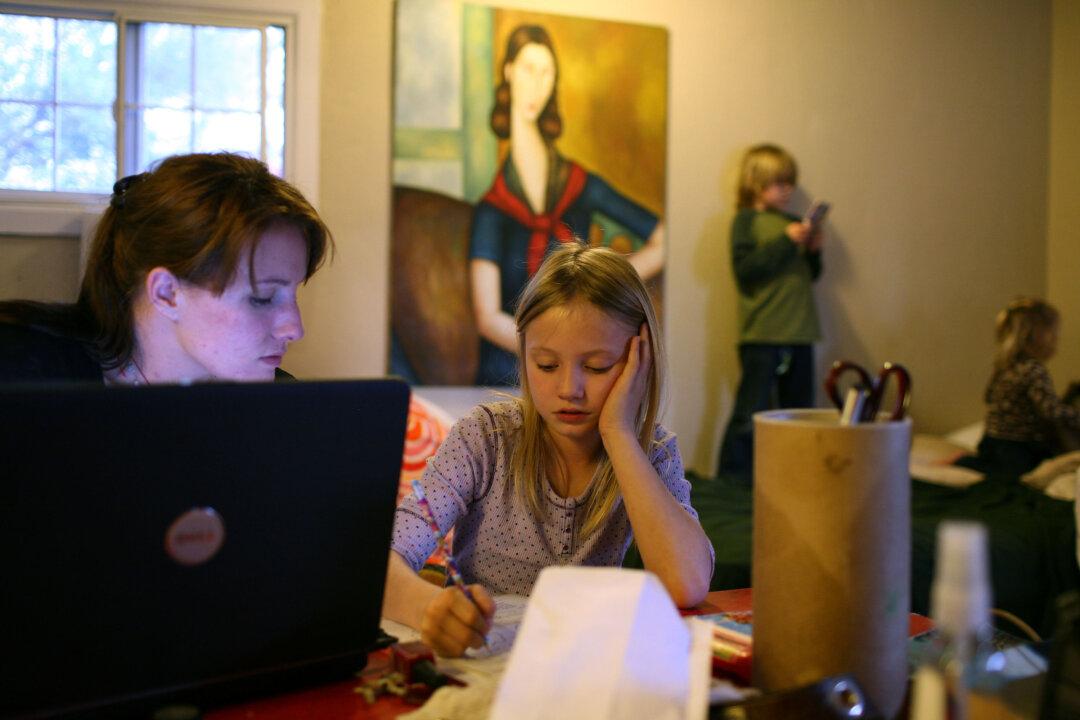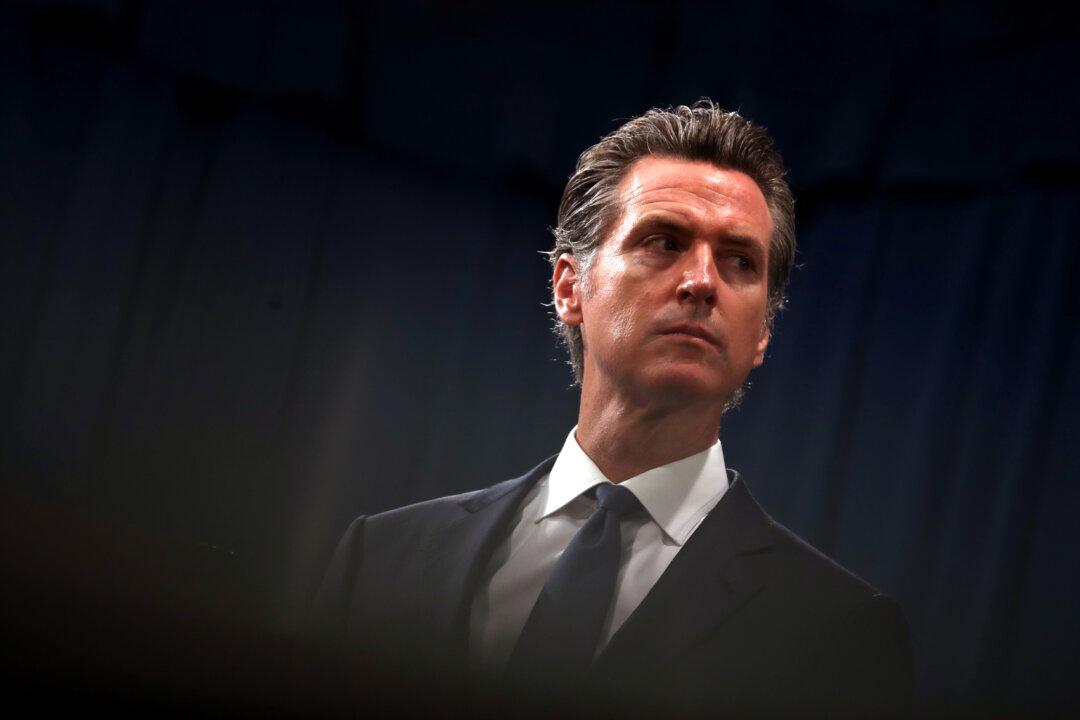After California Gov. Gavin Newsom signed a bill that would expand same-day voter registration to all polling places for the 2020 election and beyond, a nonpartisan election watchdog has shared concerns about the new law.
Senate Bill 72, authored by state Sen. Tom Umberg (D-Santa Ana), reads in part: “This bill would specifically require, rather than permit, the county elections official to offer conditional voter registration and provisional voting at all satellite offices of the county elections official and all polling places in the county.”
